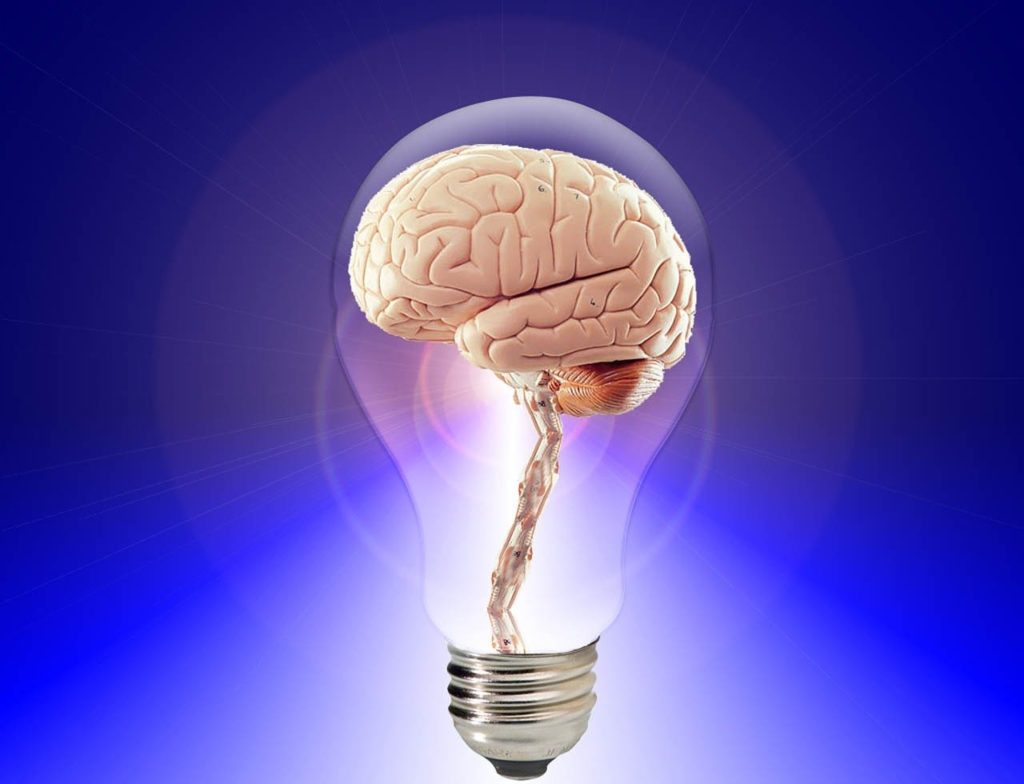“Thus the man, in himself, is the child. And what the child has to do is to rise out of this abstract and undeveloped ‘in-himself’ and become ‘for himself’ what he is at first only ‘in-himself’ – a free and reasonable being.”
– Hegel
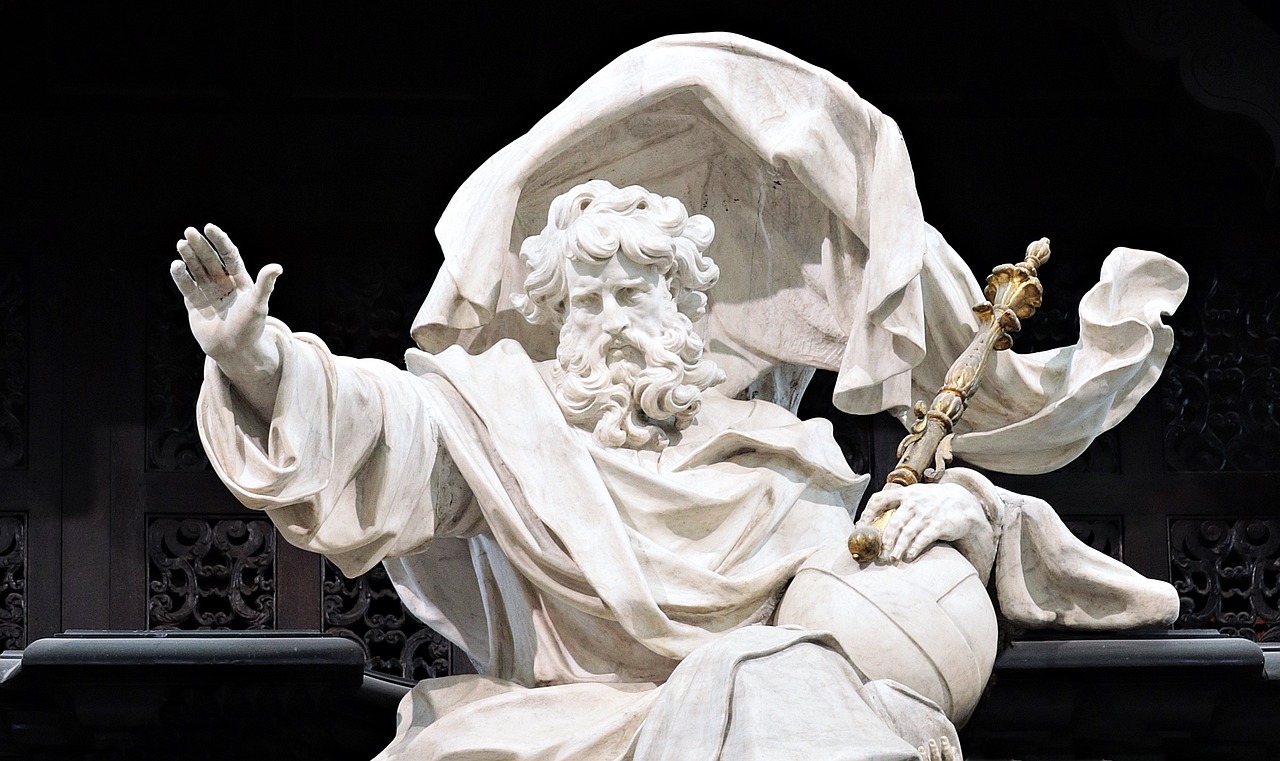


Knowledge & Experience
- Cartesian Divide
- Court Intellectualism
- Scientism
- “Metascience”
- Philosophy Ignored
- New Epistemology
The primary problem in science remains the underlying separation between knowledge and experience. Many scholars point to the Cartesian divide as being determinative in that separation. However, the societal arrangement of court intellectualism predates the philosophical distinctions he made, so Descartes is exonerated even if his ideas are used to justify modern scientistic practices. Some have even attempted to solve the problem with more scientism, creating so-called “metascience,” which is an exciting new way of avoiding the “ph” word (Enserink 2018). Metascience to philosophy is psychiatry to psychology, needless to say it belongs under philosophy. However, in practice its separation from philosophy is obvious by the scientistic negotiating and finagling inherent. If the divide between knowledge and experience can be bridged then, theoretically, that would be a solution and formation of a new epistemology.
SILOS OF INFORMATION
While the confusion has insinuated itself into additional territory of scientific categories more recently, it was definitely ever-present among sciences that relied upon notions of history, since their beginning. This is less a function of modernity or philosophy than a never-ending supply of money, and therefore corruption. Corporations and associated foundations purposefully encourage divisions between the sciences, forming silos of information. The basic misinterpretation of Descartes helps justify the division of scientists from their inherent responsibilities. Is it enough simply to be capable of thought and have *any* desires, to engage in science?
The more egregious result of the Cartesian misinterpretation is the lie that a thought and a person can be equally objectively defined, with the only necessities being current action and “pertinent” facts, like a recipe. If this were true, then there would be no need for discourse and everything could be obviously transcribed in simple and objective language without need for expansive commentary. Nobody would have come up with a term like “metascience,” that is for certain. It is not true that a person and a thought can be equally defined, however. Therefore discourse and underlying philosophies are here to guard against corruption.
SUM
Cogito, ergo sum is an unfortunate combination for some translations. Descartes never implied that all thoughts were equal due to substantiation of being. He never intended simply being, sum, to qualify thought. His primary implication was that a person cannot doubt their own being at the asking of the question since the very doubt disproves its own thesis. “I doubt I am, therefore I am,” or dubito sum, ergo sum.
Descartes was concerned with a proof of reality in the face of philosophical complexity. He formulated the concept in a theoretically finite present to confront a particular problem of philosophic existence with the conscious asking being proof. No doubt, he inferred from the problem that anybody who arrived at the question of their own existence would do so only after extensive thought. He never intended for perceived incongruence to be interpreted as an invitation for the entry of the non-philosophical into the sciences. He probably never presumed it would be necessary. “We cannot doubt our existence while we doubt,” can not be used to undermine the journey a thinker must take in order to arrive at that doubt.
Perhaps the greatest damage from the misinterpretation of the concept has come from the assignment of being, sum, in a singular moment of thinking, or a micro-phase of becoming. In fact, had Descartes not considered preceding thoughts necessary to his grand conception, he would not have conceived it in terms of his own self, “I,” ironically. The misconception of his phrase, however, models general human behaviour. This is proved by the historical compression of a life that occurs after death, where a moment, misinterpreted or not, is taken as expressing the total essence of an individual.


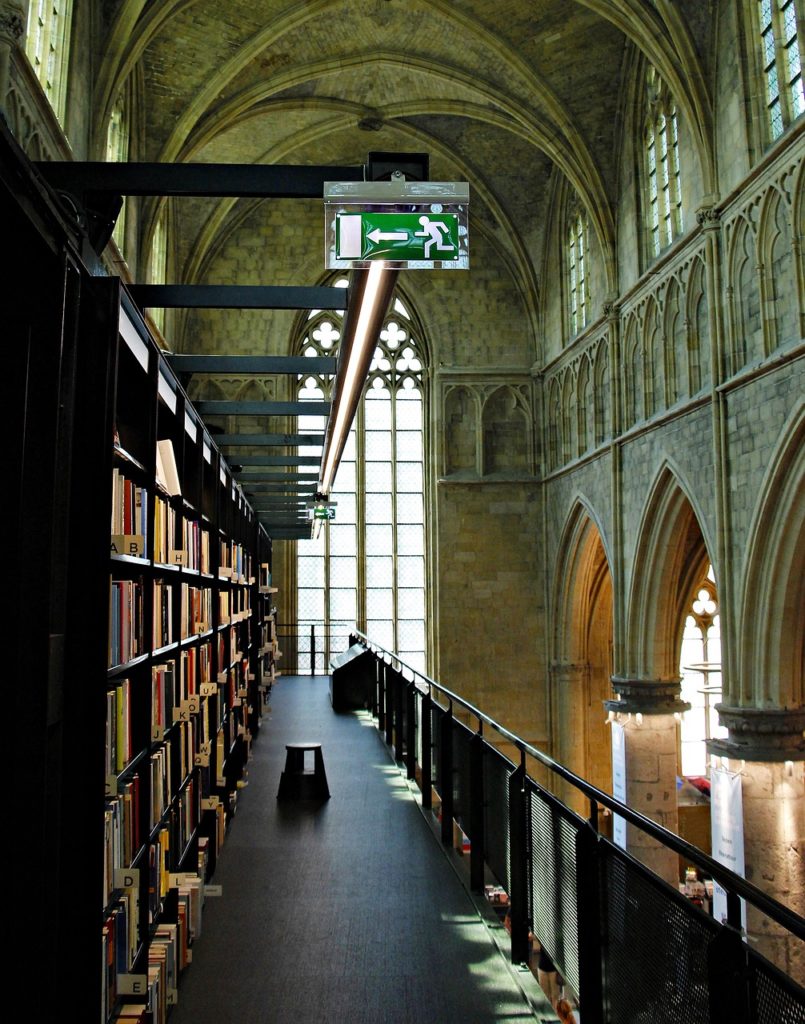

“We cannot doubt our existence while we doubt,” can not be used to undermine the journey a thinker must take in order to arrive at that doubt.
I REFLECT, THEREFORE I AM
Descartes’s Latin phrase implies an infinite loop of thought, not a singular thought, as in cogitavi. Any individual action, regardless, cannot be presumed to perpetually qualify the finite being, sum. Cogito derives from a root meaning “to do with,” and might be better translated as “I reflect,” as almost a profession. Extracting a pithy foundation for knowledge from Descartes into English begins with comprehending this thought action.
In fact, thought cannot be a singular action, as a singular thought is impossible outside of a person’s very first thought. Since thought is an action of a dynamic faculty, its persistence cannot contribute to what exists without changing it, and every thought must change other thoughts. Thought cannot make anything identical in the present to what was in the past, let alone itself. Therefore an infinite progress of related states in time toward an undefined future end is referred to together as becoming.
With cogito, ergo sum came the implication of conglomerative being states in historical series, with each mental moment inclusive of previous moments. There can be a more exact statement with cogito ergo fieri, “I reflect therefore become.” In Resurrexit phenomenology, the consciousness is an accumulative complex entity that cannot be summarised into a moment (Roe 2023a).

IMMANENT ETERNAL REBIRTHS
Every moment of mind births the next, endlessly. So all past moments leave birthmarks of sorts upon proceeding ones. These marks upon the procession in moments of mind constitute the existence of the consciousness, it is the state. Of these marks through time constituting self, the elements most distinctively self are always the most original or habited. These indicate the immanent endeavours most striven toward. These endeavours make a fingerprint shaped through environment by the basic nature of the matured Spirit. Consciousness attempts an inclusion of all moments, or everything pertinent to a matter, including an image of self as most accurate reflection of Spirit. The thinker does not just make thoughts, but is made in the construction of those thoughts most true to the Spirit.

The “I” is a permanently present eternal now without direct indication to past. Thus this universalised self-reference in the language of Descartes can only be resolved by replacing first-person action, “I,” with an objective-subjective figure, who, having had thoughts, continues to have thoughts, becoming closer to the actual Spirit. This figure must be professional, yet simple enough to be specific at the same time as universal: Thinker.
If substance of thought prove existence then quality of matured thoughts prove the essence of Spirit, which is to say its proximity to universals. Since all thoughts are acts of becoming, the quality of the thoughts determine the becoming and provide the evidence for the types of those thoughts. Good thoughts improve the quality of thought, with better thoughts doing all the more cyclically. Bad thoughts ruin quality of thought. It stands to Reason: the Thinker Becomes.
COGITATORIS ERIT
Cogitatoris Erit means “the Thinker Becomes.” This is more appropriate for a foundation of knowledge in association with the phenomenology of Resurrexit Theory (Roe 2023b). Thought alone is meaningless without the perseverance of a thinker, a factor hidden by the anonymous reference to self, “I.” The thinker acting toward becoming, accumulating thoughts, is a much more robust confirmation of existence: “a thinker exists,” for what? “To become the quality of thoughts.” Descartes never intended to disqualify the quality in thought or the thinker. The only reliable proof of quality thought is progress, attendant behaviours evidencing a higher existence.

SELF DESTRUCTION
Attempting to extract the self is an inherently flawed and foolhardy venture that ALWAYS fails. Not even a theoretically “perfect” person can do this. Only a system bent on the demise of culture could expect this of a person. Elements of culture that are beneficial to human organisation are necessarily bad for corporatism: true human science, human philosophy, and legitimately liberating innovations. Corporatist sciences inevitably devolve into anti-science ventures with destructive ends. The corporate-approved scientism insists on impossible ideas. This is science dominated by corporations using the emotions of the population, as seen now.
The “thinker becoming” attends the valuable notion that a person must philosophically explore the self before being capable of contributing to the human dialectic in a meaningful way. Thought regarding existence alone may validate it, but value is determined by quality of thoughts, which is derived from the character of Spirit developed through birth, rearing, culture, thought, and experience. This is all validated by progressive behaviours.
SO-CALLED NON-BIAS
Using ‘thinker’ instead of the simple actions of thought refuses the notion of non-bias from science. It incorporates the action with its own profession. The action makes the subject, and so the subject is made explicit. In other words, the performance of science without the self and bias is impossible, and anybody that claims otherwise is a liar. An individual with biases alternative to the continuation of their own society, culture, and life, is not moral nor ethical and cannot be trusted, with science or otherwise. They cannot be entrusted with their own culture or those of others. This is proved by their own illogical and materialist behaviours. Therefore, the Thinker Becomes.
THINKERS ARE BECOMERS
This means the only opinions that matter in science are those of thinkers who have proven active “becomers,” signifying progressive and quality thoughts. Such philosopher-scientists are in constant stages of self-improvement. Behaviours are the only evidence possible for proving right-thinking. Scientists who do not demonstrate morality and ethical behaviour in Reasoned moderation are philosophically undeveloped. This inhibits judgement through necessarily warped perspectives of the self in relation to the World.

SCIENTISTIC INSTRUMENTS AND GENOCIDE
This false self-denial forces the subconscious into active misalignment, because this denial of the self is an internalised slavery. This can cause psychotic notions and delusions. This internalised serfdom cripples efforts of the Spirit. A person who cannot be honest about the self and recognise excellence, cannot demonstrate virtues and is predisposed to materialism and error (Roe 2023b). A lot of this stems from envying undeserving others, or corruption, perceived or otherwise. This is based on an egoistic fear built on conceit, which is instigated by lust and causes confusion. This drives ignorant and lustful sloth, which manifests as venal dependence and greed. These give licence to delusion, where ignorance and confusion allow for their enslavement to a warped, immature, and arbitrary subconscious.
This delusive error corrupts perceptions of things above and below for the person. The notions of others and law are obscured as nothing more than instruments at their disposal. The joining of ignorance and confusion is a blindness to all but a corrupted egoism and self-importance. A perfect example of this is an ignorant person who does not take care of progeny and then lives by committing crimes. Each of these crimes further potentialise the immanent materiality of corruption, procrastination, absolutism, and cowardice. When in prison, thoughts are turned away from responsibility, toward blame. Attempts to identify the individual self in universal terms outside of the compatible and progressive particular, amid the active delusions of self, fail as basically unnatural propositions.
Another example of such blindness are those wholly bereft of culture who believe personal enjoyment is the sum of reality. These hedonists appease inner emptiness by pretending to some corrupted and loose ideas of society that look nothing like genuine human community. They justify their actions internally by the level of corruption in society. This process is always active for those positioned as societal outsiders, or so alienated. This explains mindsets involved in the COVID-19 plandemic, which may qualify as the largest genocide in history.
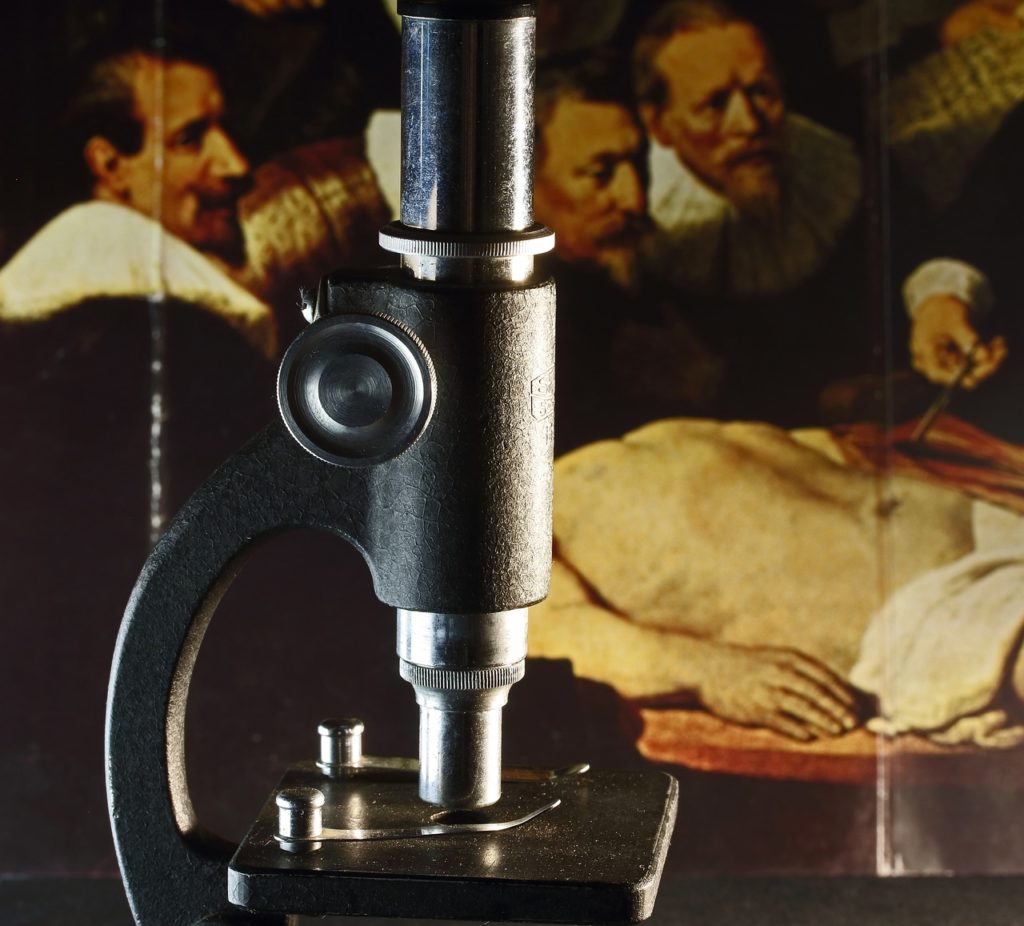
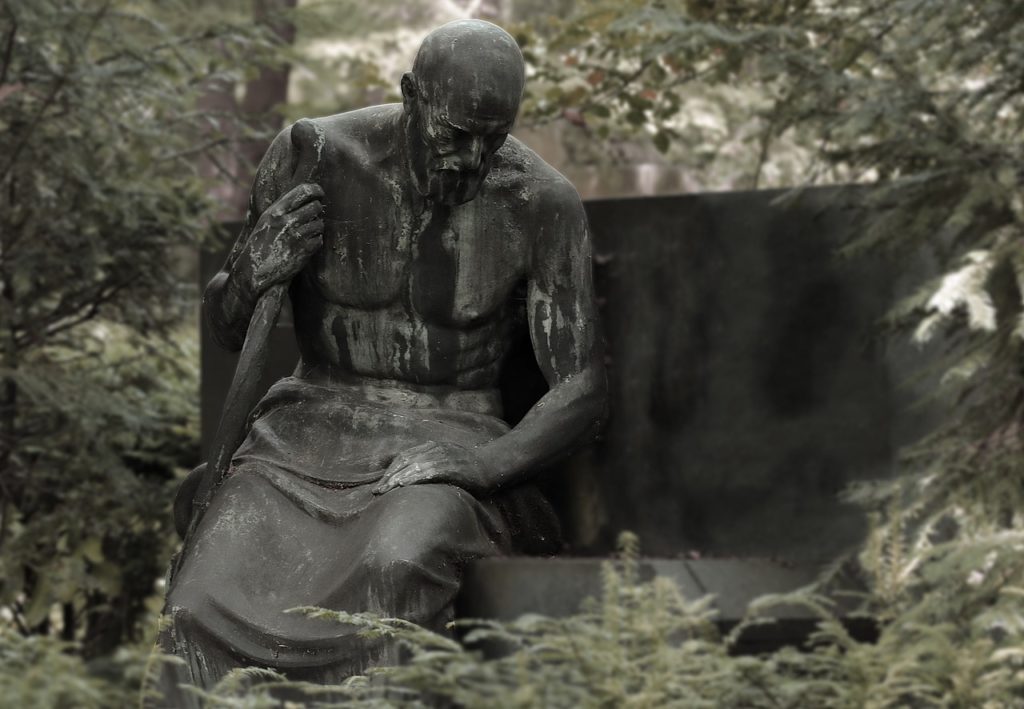

SUMMARY
Science is failing but how can this be elaborated upon for the purposes of repair? The answers for science should always start from bases. Structure for science already exists in philosophy, but philosophy is pointless without knowledge, which is supposed to be science. So rather than some entity unto itself, science should be seen as an arm of philosophy. If science is an arm of philosophy then the purpose of science is to improve the potential of philosophy. This is why it is a necessity for scientists to be philosophers first and foremost. Meanwhile most scientists will have taken no more than one class in philosophy throughout their entire education.
All corporatist-aligned institutions are detrimental to honest scientific inquiry. Runaway profits in medicine and science funding are about as normal as academia being funded by corporate foundations. These are to be recognised as signs of corruption and the exploitation of flaws within the overall system. For example, the blatant profiteering involved with the mRNA injections, wherein the only recipients of any longterm immunity were the pharmaceutical giants. The next article reveals the corporatist plot to destroy all alternative foundations for human organisation and why that matters to science.
REFERENCES
Enserink, M. (2018). “Research on research”. _Science_. 361: 1178–1179. doi:10.1126/science.361.6408.1178.
Roe, M. A. (2023a). Resurrexit Spiritus part 3 – Resurrexit Theory – The Dualist Expansion of Structural Phenomenology. 24K Journal of Virtues Science. Resurrexit Spiritus: Spiritual Phenomenology, Evolution of Spirit, First Other Theory of Fatherhood Attachment, and Structural Virtues System
Roe, M. A. (2023b). Dialectic Mind – Resurrexit Spiritus part 4. 24K Journal of Virtues Science. Resurrexit Spiritus: Spiritual Phenomenology, Evolution of Spirit, First Other Theory of Fatherhood Attachment, and Structural Virtues System

